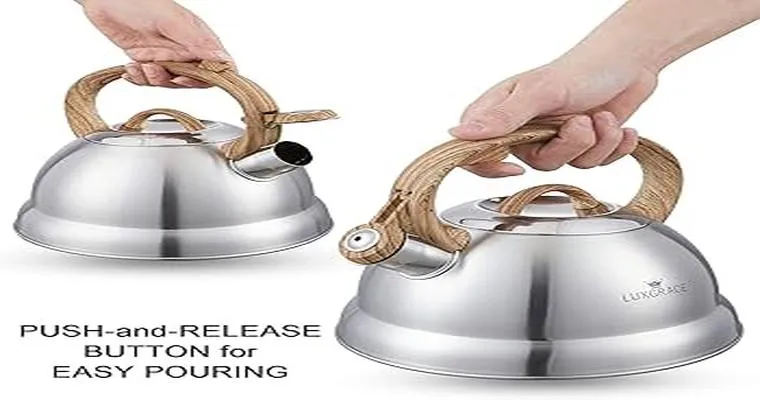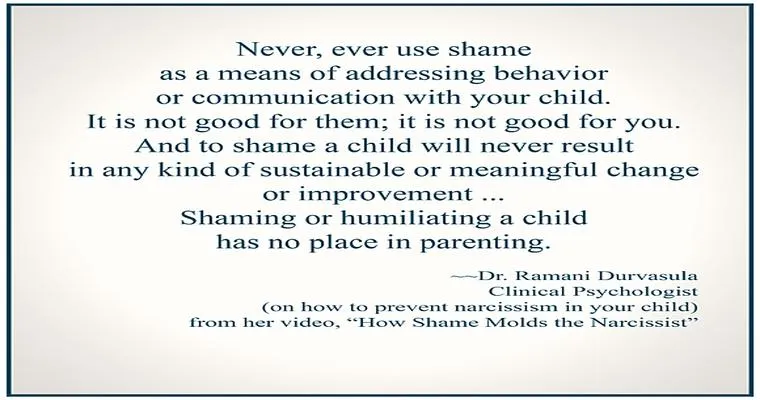As our parents age, many of us face the challenge of "handling controlling elderly parents". This situation can be emotionally taxing, particularly when we are trying to balance our own lives while respecting their needs and desires. Understanding how to effectively manage this dynamic is crucial for maintaining a healthy relationship while ensuring their well-being.
Understanding the Dynamics
The first step in "handling controlling elderly parents" is to recognize why they may exhibit controlling behavior. Often, this stems from a sense of loss of independence as they age. They may feel vulnerable or anxious about their changing circumstances, leading them to assert control over their surroundings, including their adult children.
Open Communication
Establishing open communication is vital. Approach conversations with empathy and respect. Let your parents express their concerns and feelings without interruption. This not only helps them feel heard but also opens the door for a more collaborative approach to decision-making. Use phrases like "I understand your concerns" or "Let's discuss this together" to foster a positive dialogue.
Setting Boundaries
While it's important to be empathetic, it is equally essential to set clear "boundaries". Explain to your parents what you are comfortable with and what you are not. This might include discussions about financial decisions, living arrangements, or their daily routines. Setting boundaries helps to create a more balanced relationship where both parties feel respected.
Involving Professionals
Sometimes, it may be beneficial to involve a third party, such as a "social worker" or a counselor. These professionals can provide an objective perspective and mediate discussions between you and your parents. They can also offer valuable resources and strategies for managing control issues effectively.
Encouraging Independence
Promoting "independence" is a key aspect of managing controlling behavior from elderly parents. Encourage them to engage in activities that foster self-sufficiency, whether that’s pursuing hobbies or participating in community events. This not only helps them feel more empowered but also alleviates some of the controlling tendencies as they find joy and purpose outside of their relationship with you.
Practicing Patience and Compassion
Dealing with controlling behaviors can be frustrating, but it is essential to practice patience and compassion. Recognize that these behaviors often stem from fear and insecurity. By approaching the situation with kindness, you can help to transform the relationship into a more supportive and understanding dynamic.
Seeking Support for Yourself
Lastly, it is crucial to take care of your own emotional health while navigating this challenging situation. Consider joining support groups for caregivers or seeking therapy. Sharing your experiences with others who understand your struggles can provide comfort and valuable insights.
In conclusion, "handling controlling elderly parents" requires a combination of empathy, clear communication, and the establishment of healthy boundaries. By understanding their motivations and encouraging independence, you can foster a more positive relationship while supporting their needs. Remember to prioritize your well-being throughout this journey, as it will ultimately benefit both you and your parents.





